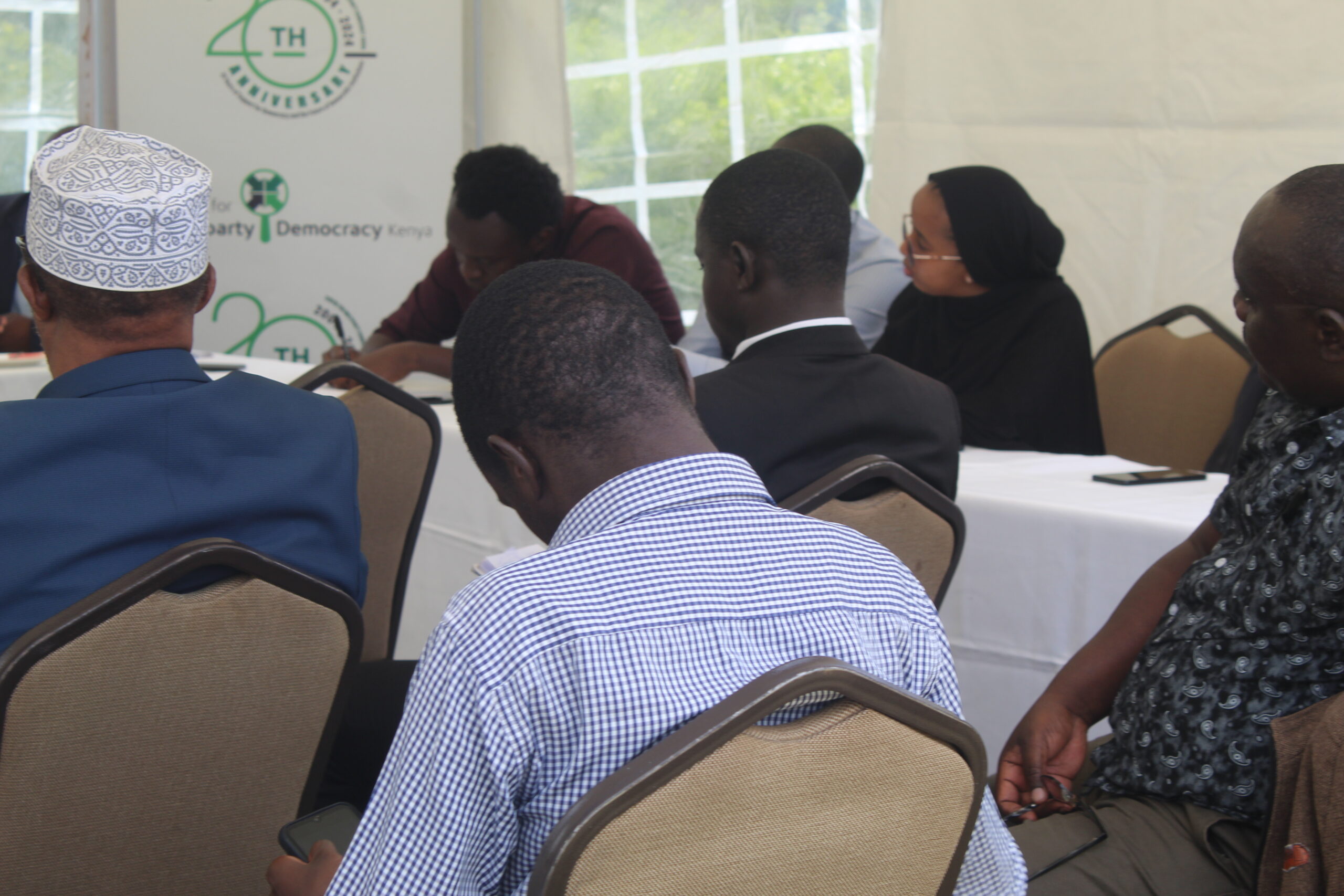Money, Power, and Democracy: Rethinking Political Parties and Campaign Financing

At the core of every democracy lies a paradox—elections are meant to be the great equalizer, yet money often determines who gets to compete, who gets heard, and ultimately, who wins. Political parties, the very engines of democracy, rely heavily on campaign financing to function. But when money wields more power than ideas, does democracy still belong to the people, or has it been auctioned to the highest bidder?
The Cost of Democracy: Who Can Afford to Lead?
In an ideal world, political competition is based on merit, vision, and leadership ability. In reality, access to funding dictates who gets a seat at the table. Running a political campaign requires massive financial resources—for organizing rallies, printing materials, hiring staff, and navigating a complex web of media engagement. For established politicians and well-connected elites, raising these funds is a familiar game, often backed by business moguls, international interests, and shadowy financiers with agendas of their own. But what about the young visionary leader without deep pockets? What about the woman with a transformative agenda but limited financial backing? The economic barriers to entry in politics are real, and they are suffocating democracy before it even begins.
Financing or Influence Peddling? The Dark Side of Political Funding
Money is not neutral in politics—it comes with expectations. When corporations, wealthy individuals, or foreign entities bankroll campaigns, they often expect something in return. This fuels a dangerous cycle where elected leaders prioritize the interests of their financiers over the needs of their constituents. Public policies can become commodities, sold to the highest donor rather than serving the common good. In Kenya and across the world, opaque campaign financing has led to corruption, state capture, and the erosion of public trust in democracy. The lack of transparency in political party funding creates a breeding ground for illicit financial flows, money laundering, and foreign interference in domestic governance. The question then arises—if our leaders are financially indebted to private interests, how much of their power actually belongs to the people?
Regulation vs. Reality: Are Laws Enough?
Kenya, like many democracies, has laws in place to regulate political financing. But the gap between legislation and enforcement remains wide. While existing laws call for accountability in party financing, political parties and candidates often exploit loopholes, using under-the-table donations and untraceable funds to fuel their campaigns.
At FURIC 2025, a platform convened by the Uchaguzi Platform, CMD Kenya and Transparency International led critical discussions on these challenges, emphasizing the urgent need for reform. The conference brought together policymakers, civil society actors, and governance experts to address gaps in political financing and the role of regulatory bodies in enforcement. A strong call for reforms was made, urging greater transparency, independent oversight, and citizen-driven financing models to break the cycle of financial manipulation in politics.
Breaking the Monopoly: A Call for Inclusive Financing
To level the playing field, we need to rethink how political financing is structured. Here are some solutions to consider:
🔹 State Funding for Political Parties – A transparent, public funding model can reduce reliance on private donors and ensure that parties operate within fair financial limits.
🔹 Strict Enforcement of Financial Disclosure Laws – Every political contribution should be accounted for, and violations must carry real consequences.
🔹 Empowering Grassroots & Small Donors – Instead of a system where a few wealthy elites fund politics, innovative crowdfunding models can allow ordinary citizens to play a role in financing democracy.
🔹 Gender-Responsive Political Financing – Women and marginalized groups need dedicated funding channels to compete on equal footing.
The Future of Political Financing: Who Pays for Our Democracy?
As we reflect on these challenges, one thing is clear—political financing is not just about money; it’s about power. It’s about whose voices get heard, whose interests are represented, and ultimately, who controls the future of our democracy.
Kenya stands at a crossroads: Will we allow money to dictate our politics, or will we demand a system that puts people before profits?
The time to act is now. If we want a truly democratic future, we must redefine how we fund it.
